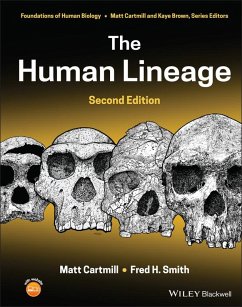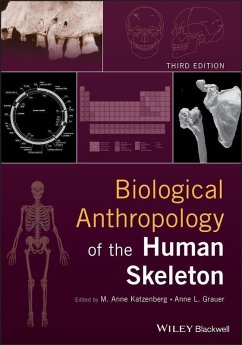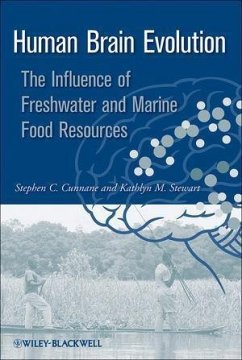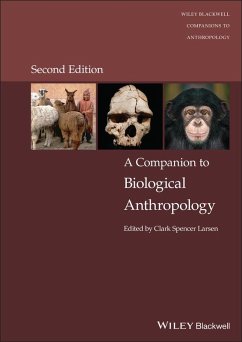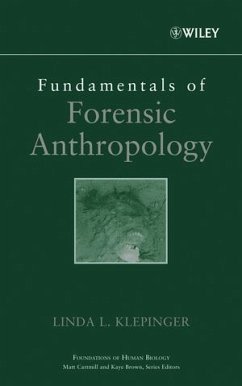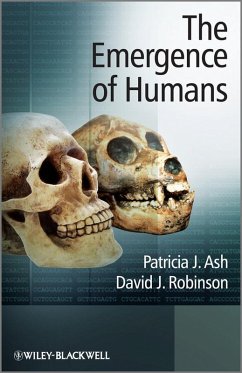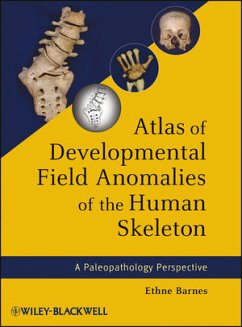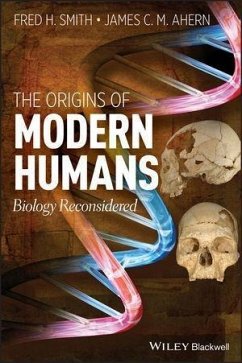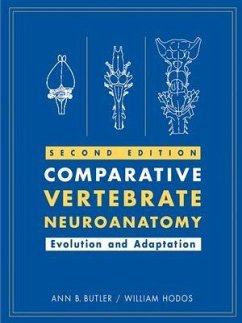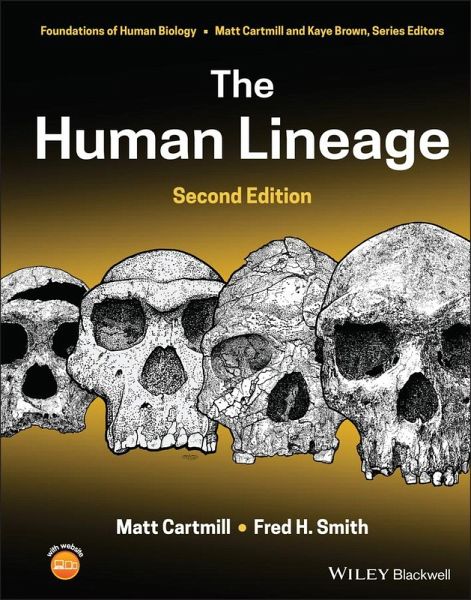
The Human Lineage (eBook, PDF)
Versandkostenfrei!
Sofort per Download lieferbar
114,99 €
inkl. MwSt.
Weitere Ausgaben:

PAYBACK Punkte
0 °P sammeln!
The newly revised and thoroughly updated standard source for mastering the human fossil record. This new edition of The Human Lineage is the best and most current guide to the morphological, geological, paleontological, and archeological evidence for the story of human evolution. This comprehensive textbook presents the history, methods, and issues of paleoanthropology through detailed analyses of the major fossils of interest to practicing scientists in the field. It will help both advanced students and practicing professionals to become involved with the lively scholarly debates that mark th...
The newly revised and thoroughly updated standard source for mastering the human fossil record. This new edition of The Human Lineage is the best and most current guide to the morphological, geological, paleontological, and archeological evidence for the story of human evolution. This comprehensive textbook presents the history, methods, and issues of paleoanthropology through detailed analyses of the major fossils of interest to practicing scientists in the field. It will help both advanced students and practicing professionals to become involved with the lively scholarly debates that mark the field of human-origins research. Its clear and engaging chapters contain concise explanatory text and hundreds of high-quality illustrations. This thoroughly revised second edition reflects the most recent fossil discoveries and scientific analyses, offering new sections on the locomotor adaptations of Miocene hominoids, the taxonomic distinctiveness of Homo heidelbergensis, the Burtele foot, Ardipithecus, and Neandertal genomics. Updated and expanded chapters offer fresh insights on topics such as the origins of bipedality and the anatomy and evolution of early mammals and primates. Written and illustrated by established leaders in the field, The Human Lineage: * Provides the background needed to study human evolution, including dating techniques, mechanics of evolution, and primate adaptations * Covers the major stages in human evolution with emphasis on important fossils and their implications * Offers a balanced critical assessment of conflicting ideas about key events in human evolution * Includes an extensive bibliography and appendices on biological nomenclature and craniometrics Covering the entire story of human evolution from its Precambrian beginnings to the emergence of modern humanity, The Human Lineage is indispensable reading for all advanced students of biological anthropology.
Dieser Download kann aus rechtlichen Gründen nur mit Rechnungsadresse in D ausgeliefert werden.




